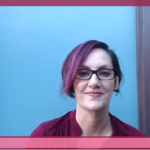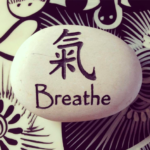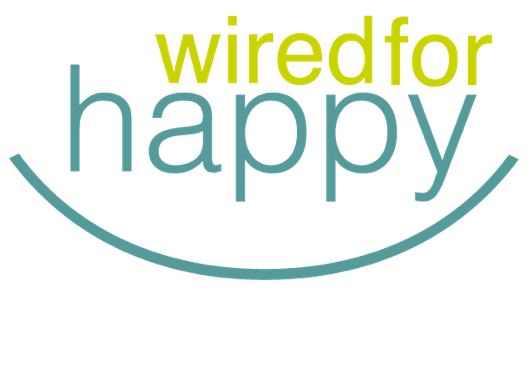Over the past few months, this blog has gained thousands of new readers, and I couldn’t be more thankful or grateful. After all, “There is no health without mental health.”
In an effort to offer a more streamlined emotional wellness experience to new and veteran readers, I’ve highlighted some of Wired for Happy’s most popular articles. My hope is this material will provide a starting point or go-to guide on your journey to increased happiness and peace of mind. Additionally, when you’re in need of a pick me up, feel free to bookmark this resource to access as necessary.
The Foundation
If you haven’t had the chance to check out 100 Smart Ways to Calm Your Anxious Mind and Cognitive-Behavior Therapy: A Fun Guide to Getting Better, I recommend perusing now. These posts are ranked #2 and #3 in terms of reader popularity, and provide a roadmap for solid psychological insight. You definitely want to bookmark these gems for reference.
You also want to have a system in place to track your progress. In therapy, we call this a baseline level of functioning. Seeing your psychological patterns on paper will enable you to recognize undesirable tendencies so you can reframe unhealthy thoughts, feelings and actions. Over time, you will be able to reduce the amount of time spent worrying and engage in problem-solving, instead. Win-win! In Setting Goals: Less Stress, More Joy, I’ve got you covered.
7 Wonderful Resources to Jump Start Your Mental Health
1. The Painful Truth About Happiness—One of the biggest misconceptions about achieving joy in life is uncovered in this straightforward story. Caveat: The language is a bit strong, but so is the message. There’s a reason my former foray, TalkTherapyBiz came with the tagline: Not Your Mama’s Psychotherapy Blog. Honestly, nail this skill and you’re in for a mental game changer!
2. The True Meaning of the Phrase, “I Don’t Trust Anyone.” Harvard or Columbia or some elite bastion of higher learning recently published the largest longitudinal study about what causes people to experience purpose, meaning and happiness across their lifespan. The results found that inter-personal relationships were the golden ticket, regardless of race, socioeconomic status, and typical measures of success. We are wired to connect, and it’s hella hard to form healthy relationships if the most important relationship of all is lacking…Learn how to trust yourself, once and for all.
3. Calming Your Anxious Mind—Overcoming Anger warms you up to the importance of dealing with The Big A. Many therapy clients are surprised to discover the role anger plays in anxiety and depression. There’s a saucy little 2-minute video included, as well.
4. A Beginners Guide to Meditation and A Beginners Guide to Mindfulness will gently walk you through both essential practices in video format. There’s a lot of confusion about just how these skills help improve mental health. There’s a lot of resistance, too. I get it. For many of us, sitting still feels foreign. Meditation took me a long time to embrace, but as you can see during the video, even my (awful) Siberian Husky Ca$h can’t get me off my focus and concentration game.
5. Obsessive Compulsive Disorder (OCD) is widely believed to be the worst type of anxiety, condition, even though it’s no longer classified as an anxiety disorder in the latest version of the DSM. The good news is no matter how strange, disturbing or unwelcome the content of your thought process, those very thoughts are really not so important or indicative of your psychological health…
6. Four Simple Exercises for Anxiety Relief are great if you need a mental health tune-up, and not the whole therapeutic kit and caboodle. If I was more ambitious at the time of posting, I would’ve made a quick little PDF download so you could print it and tape it to your fridge, glove compartment, etc. And if you feel so inclined, feel free to make one and send it to: linda@wiredforhappy.com and I will add it to the article.
7. Easy Breathing Exercises to Calm Anxiety is a wonderful way to bring your happiness and calm plans full circle. No matter what’s upsetting you, coming back to the breath will always help. In fact, sometimes a few slow, deep-breaths will get you back on track in no time.
****
Thank you for being here. I’m truly grateful and honored to provide resources for mental health.
Please pay it forward and share this article with a friend, a family member, or anyone else who could benefit from a virtual wellness hug. And don’t forget to post to Facebook and Twitter, too.
 Yours in “There is no health without mental health,”
Yours in “There is no health without mental health,”
—Linda Esposito, LCSW








